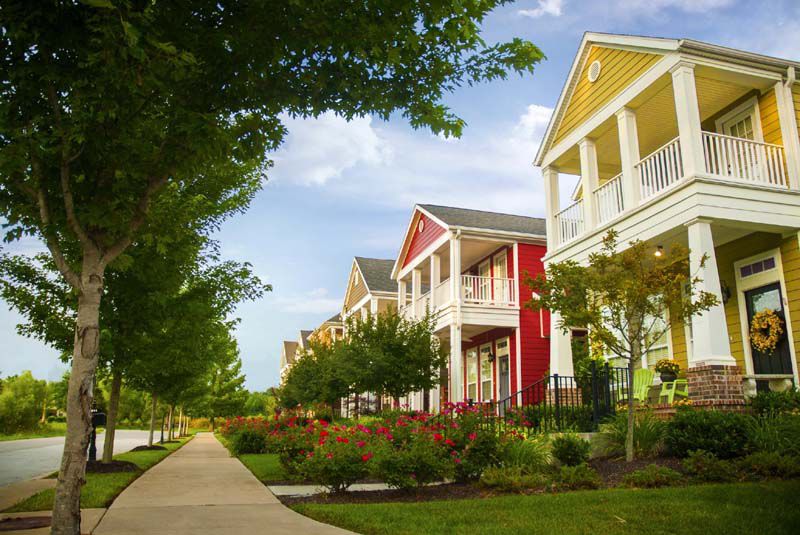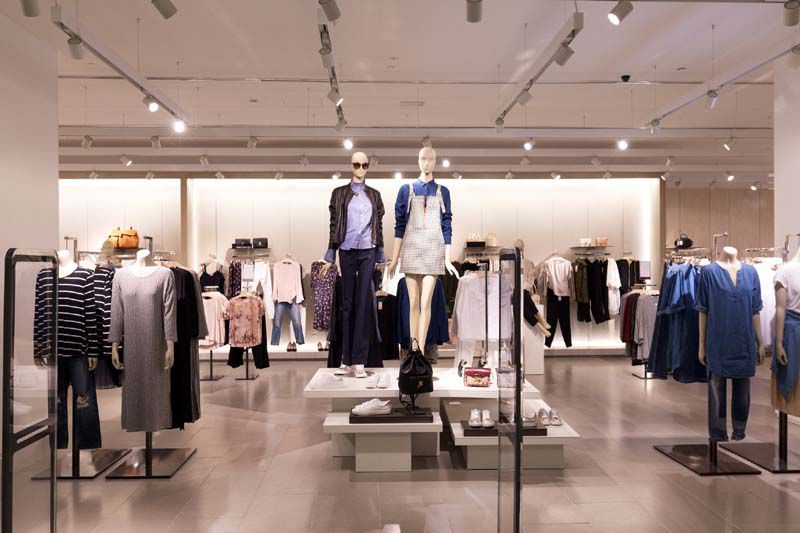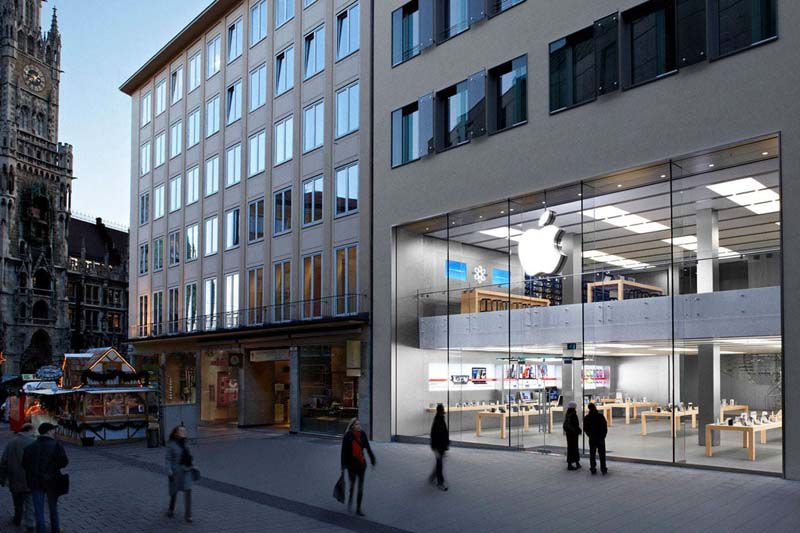![[feature] Hybrid Work Arrangements on Real Estate](https://blogger.googleusercontent.com/img/b/R29vZ2xl/AVvXsEjQGbHisepjgL7WDnZ6psjJdkod0d4r2X6oE8cZHZLx6uML23Pj9UWSeHH8or8JWsYyqvmq7uJshLiUu4OWY0MDlTP3t7iTKz0BbsGGpGBrq51ND_aykTE9doo4SmVnsp_pyH1j9DcNQj-M8ug58vrEuNDq5upzlqJuPDN7GSCf1lpSpjMzoksAFl9Bxg/s16000/A%20new%20way%20to%20report%20to%20work.jpg) |
| Ⓒ Provided by The Motley Fool |
By Maurie Backman , The Motley Fool
A new way to report to work
When the COVID-19 outbreak first hit U.S. soil, many companies were quick to revert to remote work -- and many upheld that arrangement until recently. Nowadays, more and more people are returning to the office, but not necessarily on a full-time basis.
In fact, hybrid setups that have people working partly from home and partly in person are becoming increasingly popular. And they have the potential to impact real estate investors both for better and for worse. Here's how.
Read More: Top 10 Most Popular Home Remodeling Projects and How Much They Cost
1. For better: Rental demand might pick up in suburbs
 |
| Ⓒ Provided by The Motley Fool |
Previously, some people may have shied away from suburban life to limit their commuting time. But if workers don't have to report to an office every day, they may not mind a longer commute. As such, rental demand could soar in suburban areas in the coming years.
2. For better: Suburban home values might rise
 |
| Ⓒ Provided by The Motley Fool |
Home prices happen to be up right now across the board. But some of those increases might hold steady in the suburbs of major metro areas now that commuting on a part-time basis is on the table.
3. For better: Office leasing might pick up
 |
| Ⓒ Provided by The Motley Fool |
During the pandemic, many companies were in limbo as the health crisis played out, so leasing activity for office space slumped. Now that hybrid work is becoming more commonplace, lease signings could pick up, which is apt to benefit office REITs (real estate investment trusts).
4. For better: Co-working spaces could take off
 |
| Ⓒ Provided by The Motley Fool |
Working from home isn't feasible for everyone. Those who only have to report to an office for part of the week might seek out co-working space to fill those non-office days. That means investors in co-working spaces could profit nicely.
5. For better: Local businesses could see more foot traffic
 |
| Ⓒ Provided by The Motley Fool |
Many businesses rely on office foot traffic for revenue -- think cafes that depend on the weekday lunch rush for the bulk of their revenue. If workers start showing up to offices more consistently, those businesses could have an easier time staying afloat. That means their landlords are less likely to face vacancies.
6. For better: Data centers could see a boom in demand
 |
| Ⓒ Provided by The Motley Fool |
Having workers split their time between the office and remote spaces means companies will have to find ways to safely store and share data. And so, the demand for data centers could explode in the wake of hybrid work, benefitting those invested in data center REITs.
7. For worse: People might stop renting in suburbs
 |
| Ⓒ Provided by The Motley Fool |
Once in-person work is back on the table, even if just on a partial basis, some people who fled cities might seek to return. If enough do, demand for suburban rentals could wane.
8. For worse: Suburban retailers could lose business
 |
| Ⓒ Provided by The Motley Fool |
For the past two years, there's been a lot of remote work happening, which undoubtedly benefitted suburban businesses. But as more and more people start going back into offices, suburban spots might lose business during the week, just like they did before the pandemic.
Read More: How to Participate in The Hot Real Estate Market with Little Money
9. For worse: Office building landlords could lose out as companies dump square footage
 |
| Ⓒ Provided by The Motley Fool |
While companies maintaining hybrid work setups still need some office space, they may not require as much. That could prove problematic for office REITs.
10. For worse: Urban businesses could shutter
 |
| Ⓒ Provided by The Motley Fool |
A lot of urban businesses are still hanging on by a thread in the absence of normal customer volume. Even if workers return to the office part-time, it may not be enough to keep smaller stores in business districts afloat, especially given their higher rent costs. That could mean a string of vacancies for commercial landlords.
A clear mixed bag
 |
| Ⓒ Provided by The Motley Fool |
Hybrid work arrangements could have both positive and negative effects on real estate investing. But like it or not, it's looking like these setups really are the wave of the future. So, investors will need to learn to adapt, just as they did in early 2020 when COVID-19 first hit.
See more at The Motley Fool























